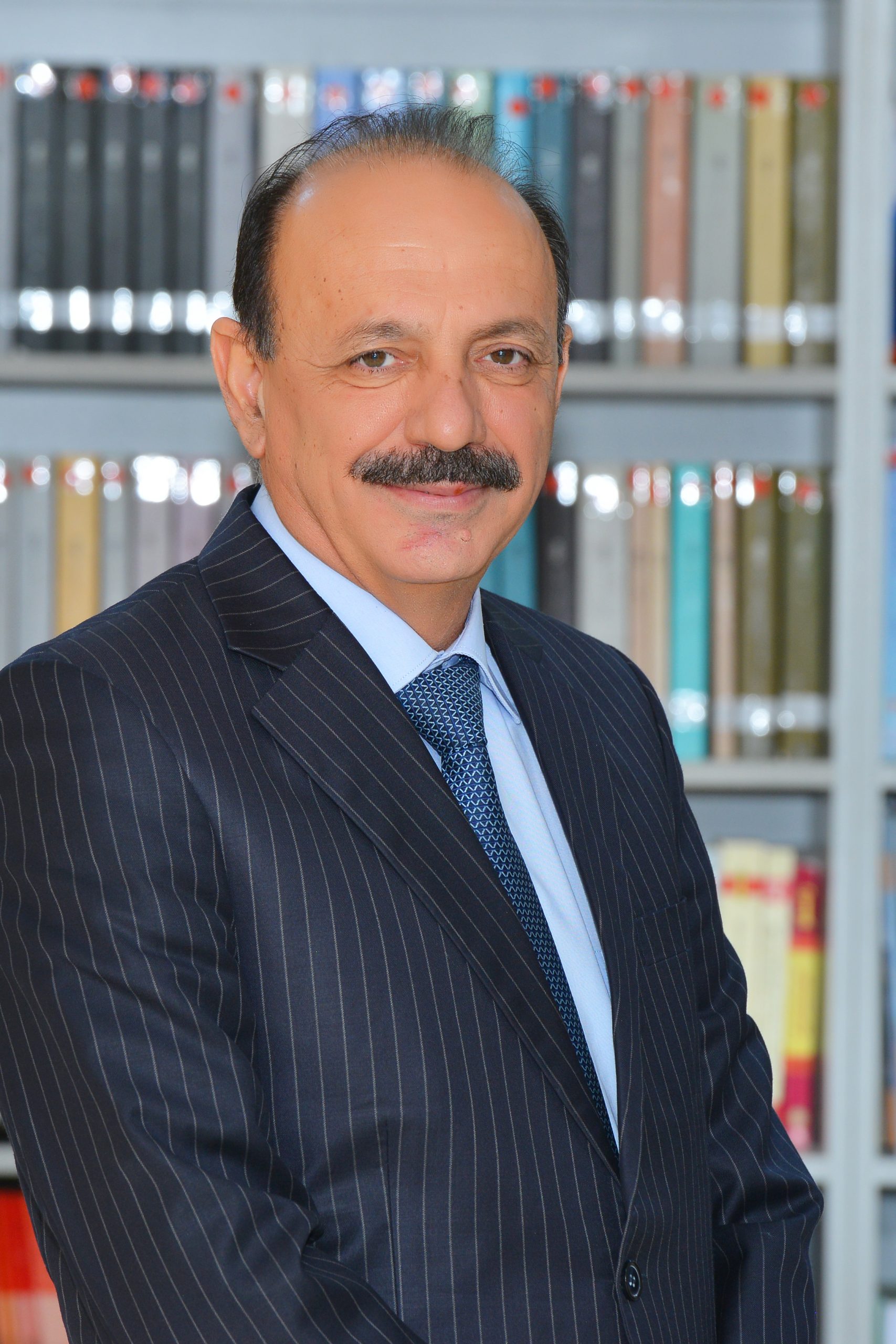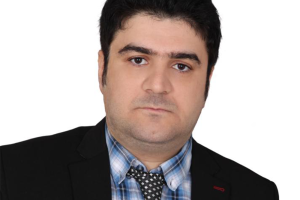
A Cihan University-Erbil Lecturer Published a Research Article with Institute of Electrical and Electronics Engineers Inc.
Khalid Fadhil Jasim from the Department of Computer Science at Cihan University-Erbil, published a research article entitled “Enabling Efficient Coexistence of DSRC and C-V2X in Vehicular Networks” in the journal of IEEE Wireless Communications
About the author:
Name: Khalid Fadhil Jasim
Qualification: PhD
Academic rank: Lecturer
Affiliation: Department of Computer Science, Cihan University-Erbil
TAP:https://sites.google.com/a/cihanuniversity.edu.iq/khalid-jassim/
Google Scholar account: https://scholar.google.com/citations?user=12zpb3oAAAAJ&hl=en
Journal Coverage:
Title:IEEE Wireless Communications
Science Citation Index
Science Citation Index Expanded
Clarivate Analytics (Wos: IF =11)
SCOPUS: Q1
Publisher: Institute of Electrical and Electronics Engineers Inc.
Country: United States
About the Paper:
Title:Enabling Efficient Coexistence of DSRC and C-V2X in Vehicular Networks
DOI: 10.1109/MWC.001.1900219
Abstract:
Radio access technologies, such as C-V2X and DSRC, have been used to support robust communication in connected vehicles scenarios. However, existing studies mostly dealt with homogenous vehicular networks, where coexistence of different radio access technologies in vehicles are not considered. More precisely, such multi-radio interface environments burden communications among vehicles. In this article, we first review DSRC and C-V2X radio access technologies and existing packet relaying mechanisms that are specifically designed for homogenous or heterogeneous vehicular environments. We then present a quality of service aware relaying algorithm (QR) that incorporates multi-metric to prioritize dual interface vehicles (DVs) and provides robust communications among vehicles that are equipped with different radio access technologies. The simulation results confirm the superiority of the proposed QR in terms of message reception and relaying count as compared to the standard protocols.



